

I have been a casual labor in this village for over 10 years, there is no organization that has ever called me to participate in a training to see how I can become economically resilient. I feel valued…I will go back and practice what we have learnt.
These were the words of one of Voluntary Saving and Loaning Association formed by CIFCAD after comprehensive training.
CIFCAD, through the financing of Women Win, implemented a project targeting women specifically casual laborers in the tea sector. CIFCAD team spearheaded transformative and innovative conversations aimed at enhancing women resilience.
I am glad to see a partner that targeted to work with grassroot women, ensuring the voice and opinions of the women who benefited from the project were centred and they took leadership during implementation. This is a new thing you have taught us, and we will involve women in decision making on community projects going forward said Benson – Government Official
The project worked with government officials, community leaders, local administration, and women from tea sector. Project gains included
- Establishment of climate smart agriculture
- Support women with Dairy goats
- Donation of briquette machines
- Training women on entrepreneurship
- Formation of VSLAs and donation of revolving funds
- Financial literacy
- Sub-County engagement and discussions on coordination
- Initial support of women groups registrations
- Women inclusion in leadership and resilience dialogues
- Linked women to other development partners to access business grants
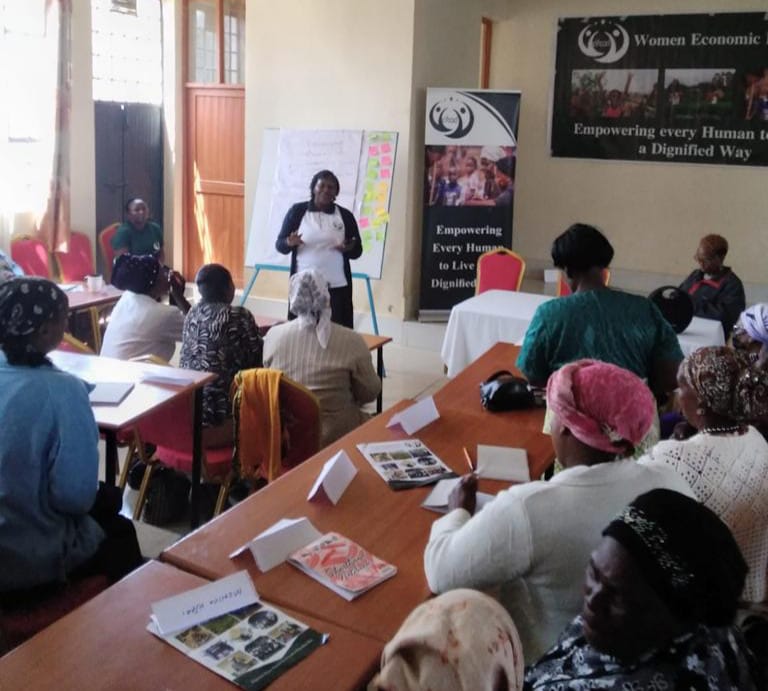

The trainings were very informative, we now have savings groups, some benefitted from Briquette machines, Kitchen gardens, dairy goats, entrepreneurship support and linkage to join cooperatives. We cannot count all the gains. Just when we have started to see the fruits of the project, you close the project. It was too short. We hope you will come back so that we can make more strides with CIFCAD. Said the group chairlady.
The women felt that the project was too short, and they only started the baby steps towards building their resilience.
The Saving and loaning groups. Dairy goat farmers, trained entrepreneurs, Briquette machine groups, kitchen garden farmers, government officials and all project clients recommended the following:
- The entrepreneurs desired to be matched with business mentors for shadowing and coaching. Many women interested in venturing in income diversification felt stuck with old ways of running businesses. Their common desire is to have structured mentorship and technical support in utilizing business tools that can help them go beyond their base/neighbor as usual.
- Some casual labourers have education up to Secondary level and because of burden of care and lack of opportunities to train in Technical Institutions, they settled as tea pluckers to feed their family. The recommendation is opportunities to train in technical institutions, gain technical skills and get opportunities to offer services at a fee.
- Due to land fragmentation most women are small scale farmers and struggle with low prices because brokers take advantage. They recommended for support to form cooperatives or linkage to market so that they can get competitive prices.
- Economies of scale- The dairy goat farmers benefited from one goat each. There is a need to support the women to increase dairy goats to at least three to improve the income and better access to desired market.
- The entrepreneurs indicated they are adaptable to venturing in agricultural diversification, however, lack of reliable extension services led to poor yields. The recommendation was the need to bridge the gap and support them in accessing reliable information such as usage of right farm tools, weather patterns, use of pesticides and fertilizers, seasons, etc
- Technology has revolutionized the agriculture sector. Several women explained the desire to be supported in employing technology in business.
- Access to financing. Most of the project clients do not own land or tea bushes and this denies them opportunity to access required capital to boost their small businesses.


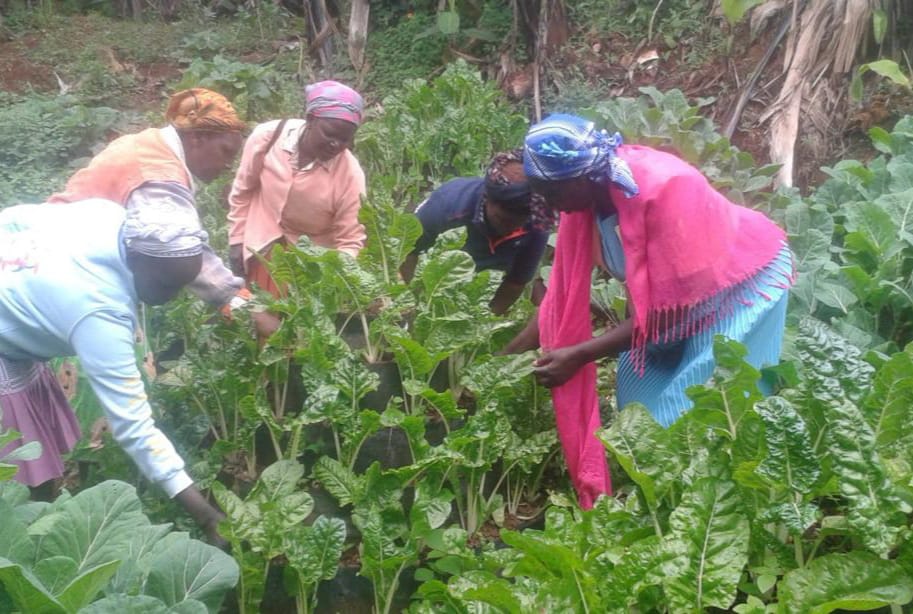
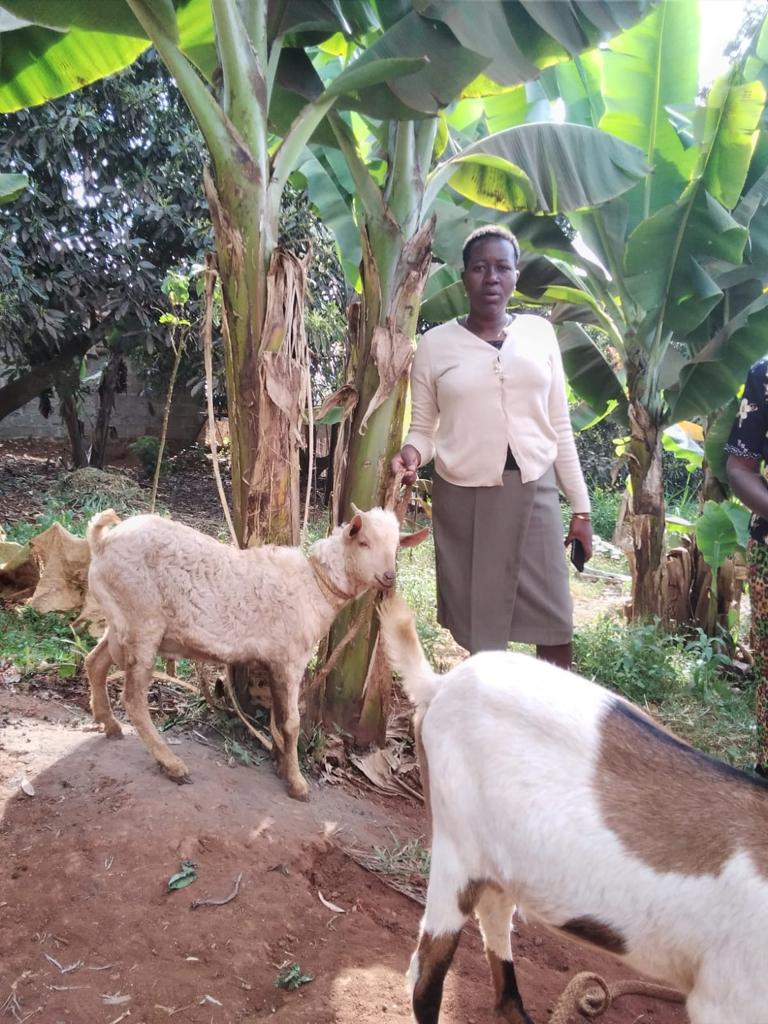
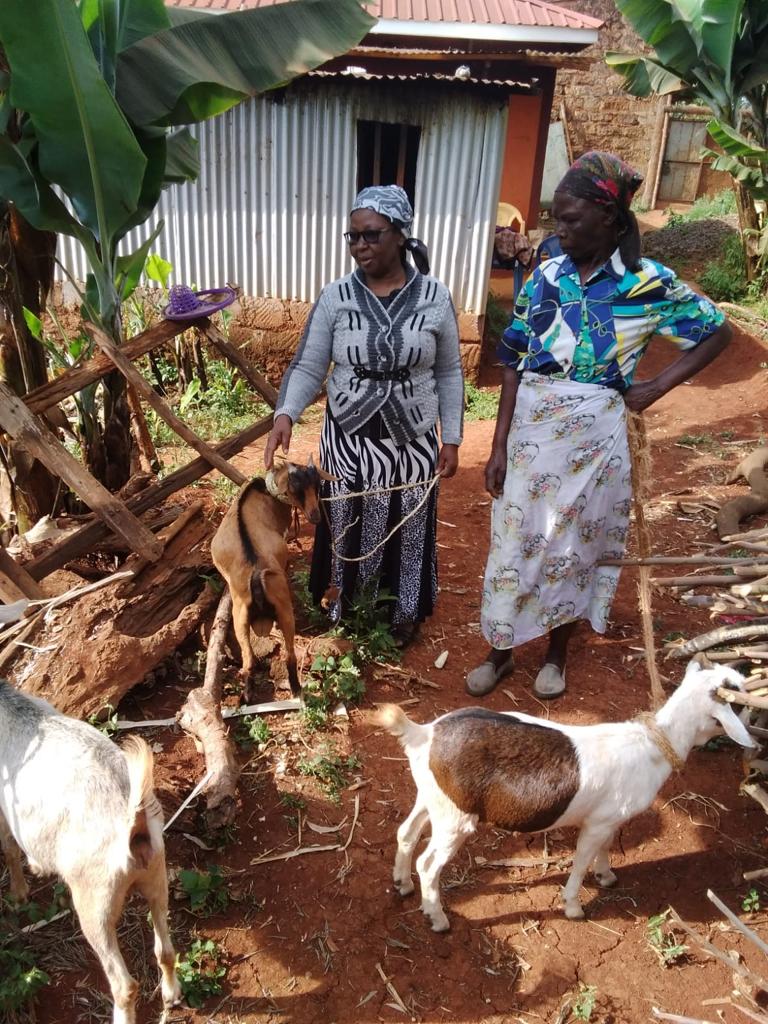
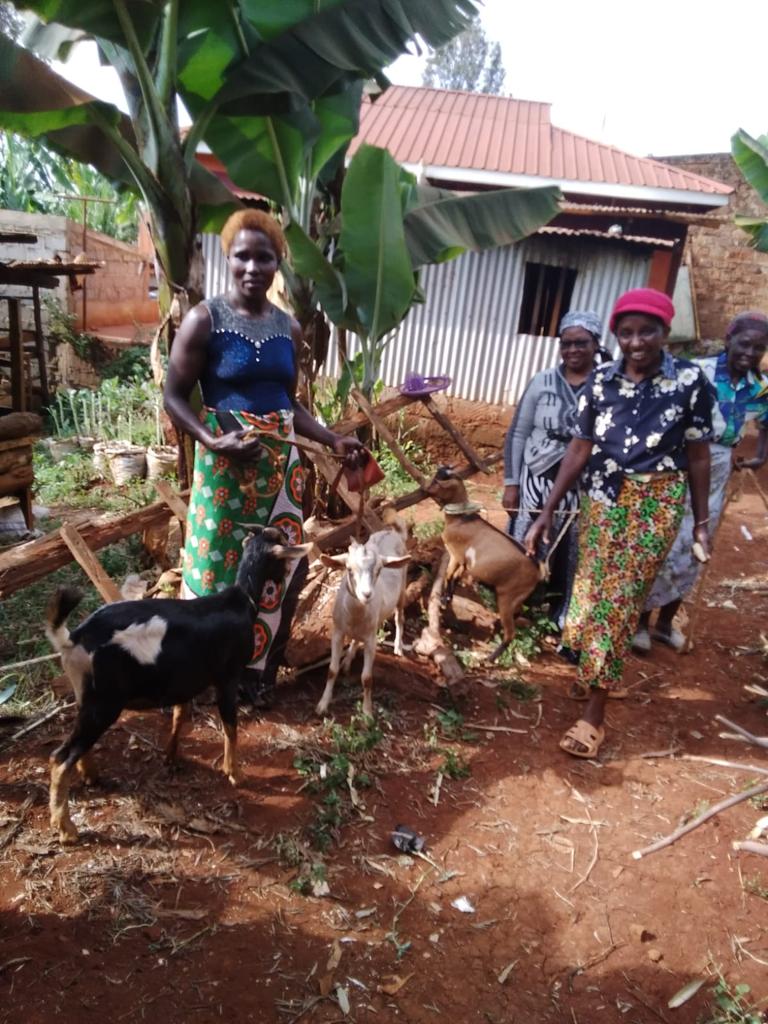
Though CIFCAD linked the formed groups to County government for registration to access affirmative funds, a lot need to be done to holistically grow the women resilience. Six months was such a short time, but the gains are comforting. CIFCAD desires to grow a movement from the project clients and in future profile the women entrepreneurs.